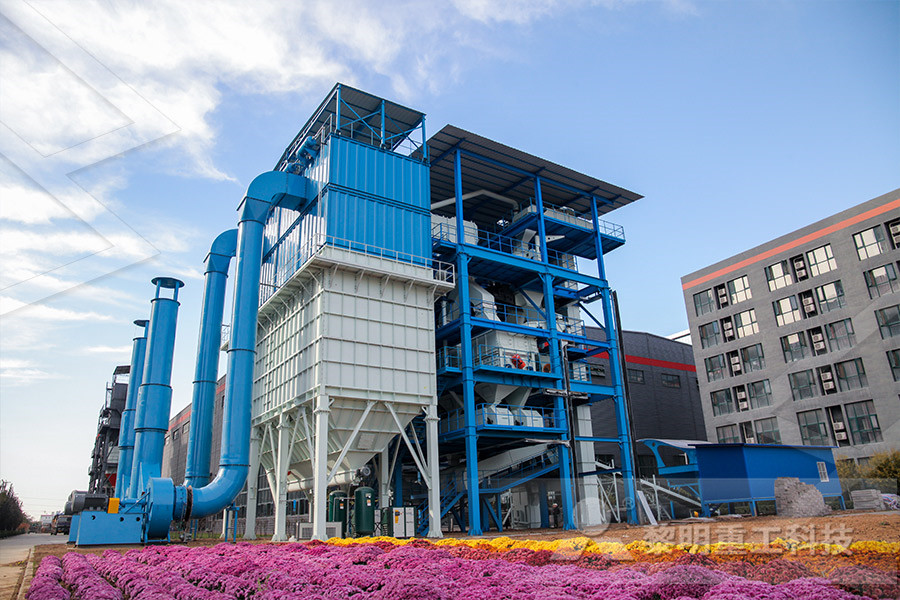
Best screening plants – 20 plants to protect your
Ivy, Honeysuckle, Passion Flower (Passiflora) – all those are good screening plants and will work beautifully as a privacy screen You can plant them at the pergola Plants have always been used to create shelter, offer privacy or screen out unwanted views, define boundaries and divide the space within Our most popular plants used for Screening are: Standard trees Pleached trees Living screensIdeas Advice Plants for Screening and Privacy Big Suitable plants for screening can include hedging shrubs, trees or grasses and bamboos, depending on the level of formality, and the height and spread required for the space Hedges A useful way of using large shrubs as tree substitutes is to clear the lower Screening: plants for / RHS Gardening
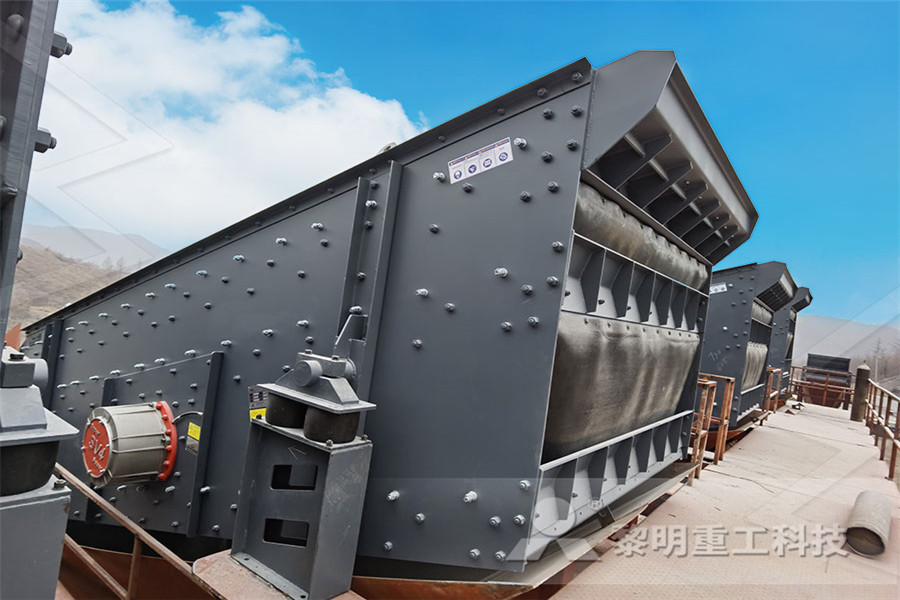
Six Ideas for Garden Screens BBC Gardeners' World
Bamboo is a fastgrowing, evergreen plant that is ideal for garden screening Its roots can be invasive, so choose a clumpforming variety and plant in containers or You can start to plant many spruces in one line to be used as fences There are some plants which are suitable for garden screening, spruce is one great choice 20 Garden Screening Ideas For Creating A Garden Alan Titchmarsh shares which plants are ‘excellent for creating screens’ to hide fences ALAN TITCHMARSH returned to Britons's screens on Monday for an Alan Titchmarsh: Gardening expert shares which
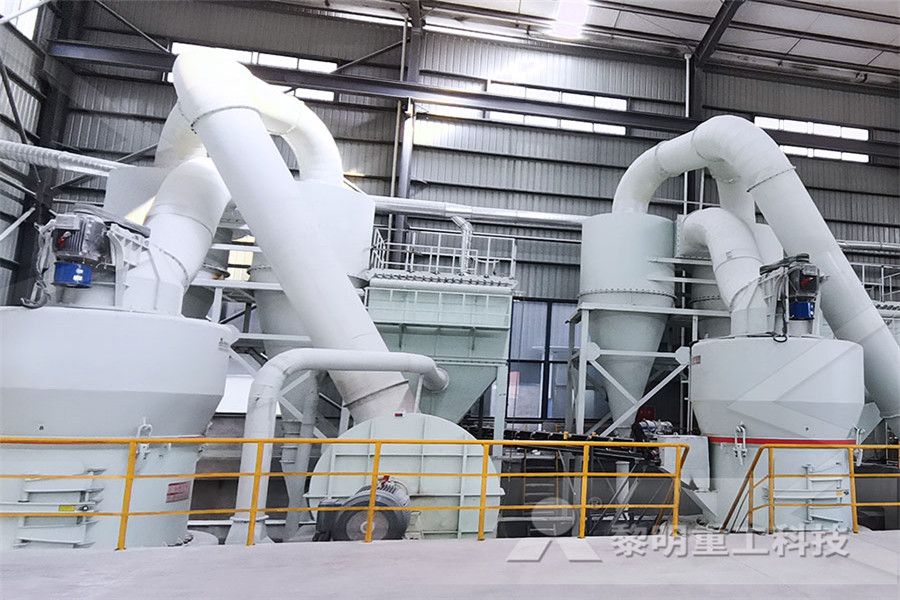
The 7 Best Plant Types for Creating Privacy and How
Evergreen trees make excellent privacy screens because they provide yearround coverage Evergreens with large foliage or evergreen conifers with branches that extend to the ground are the most useful for privacyClimbers grow vertically in your garden so dense varieties can be trained to become an effective screen with some support, attention and care Star jasmine (Trachelospermum jasminoides) flower early spring and then throughout the summer months with very 10 Fast Growing Plants For Privacy Bunnings Australia Holly plants are big hedge bushes that create effective privacy screens that also add some security Most species of holly plants have jagged, stiff leaves that deter animals and intruders Holly shrubs have a neat, compact growth that is ideal for The Best Plants for Hedges: 23 Types of Hedges (With
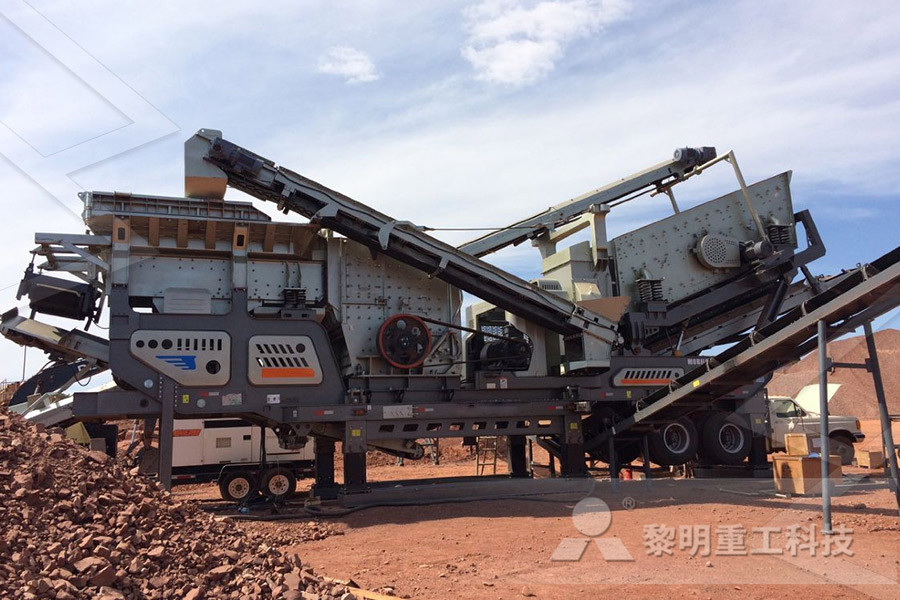
Plants for Screening! TLC Garden Centers
Deciduous plants will lose their leaves in the winter, but usually produce flowers which will add color to the landscape The best privacy screen uses a combination of both evergreen and flowering deciduous plants to provide year long privacy and interest in the landscape Plants 612 feet tall Evergreen – 812 ft tall x 68 ft wide1 天前 They can grow to 10 to 18 feet tall Plants will spread to a width of five to seven feet, providing some great coverage Spacing is key with the Skip Laurel Placement will dictate how the plants develop over time To create a privacy screen or windbreak, place your containers about 15 feet apart30 Best Container Plants For Privacy Screen – Screening plants: creating your outdoor sanctuary Screening plants: creating your outdoor sanctuary Screening plants: creating your outdoor sanctuary These structures provide a frame to grow a sturdy climber over which can act as a colourful feature, privacy screen and a windbreaker Plants such as Trachelospermum jasminoides (Chinese Screening plants: creating your outdoor sanctuary
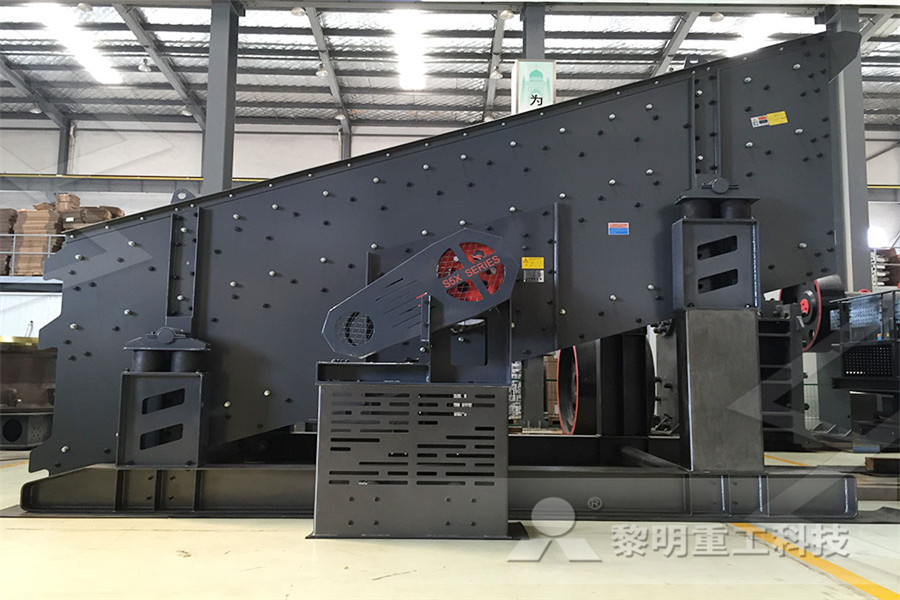
SELECTING PLANTS FOR SCREENS AND HEDGES
appear larger if finetextured plants are used as background hedge or screen material and medium and coarsetextured plants are placed in front (Hansen 2013) Wildfire Defensible Space In many areas of the Pacific Northwest, wildfire is a natural component of our landscape In many cases homes can be protected by creating a defensible space Add some privacy to your garden with these fastgrowing plants that are perfect for a natural screen Lilly pilly Lilly pillys have been a common choice for privacy in Australian gardens for decades The Syzygium smithii (formerly Acmena smithii) grows up to five metres tall relatively quickly It also produces small pink berries that can be 10 Fast Growing Plants For Privacy Bunnings Australia For a quick hedge or windbreak, plant these plants 5 to 6 feet apart For a more gradual hedge, plant 10 to 12 feet apart These fastgrowers can reach a height of 60 feet and a spread of 20 feet USDA Growing Zones: 2 to 7; Sun Exposure: Full to partial sun; Soil Needs: Tolerates a range of soils but prefers moist welldrained loams10 Best Evergreens for Privacy Screens and Hedges
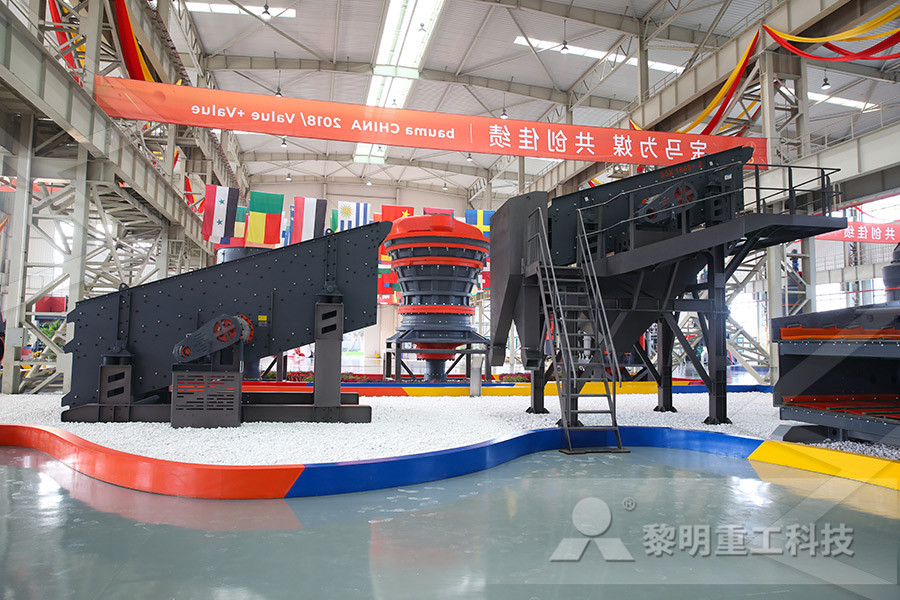
Grow Your Own Privacy: How to Screen With Plants
Consider, too, that the quickest and most efficient way to achieve privacy is to place a screen in immediate proximity to where it is needed Screening, as in this example, is the key to creating a cozy, intimate destination patio like this one Shrubs or ornamental grasses 4 to Bamboo is one of the fastestgrowing plants in the world, so it can create a lush and exotic privacy screen very quickly Some varieties of bamboo are invasive, so choose a slowspreading Backyard Privacy: 10 Best Plants to Grow Bob VilaWhen searching, look d plants that exhibit several of the following characteristics: Strong Foliage – When planting for privacy, it's important to look for plants with lush foliage Grasses, Shrubs, and Elephant Ears are some of the best plants for longlasting foliageBest Plants For Creating Privacy American Meadows
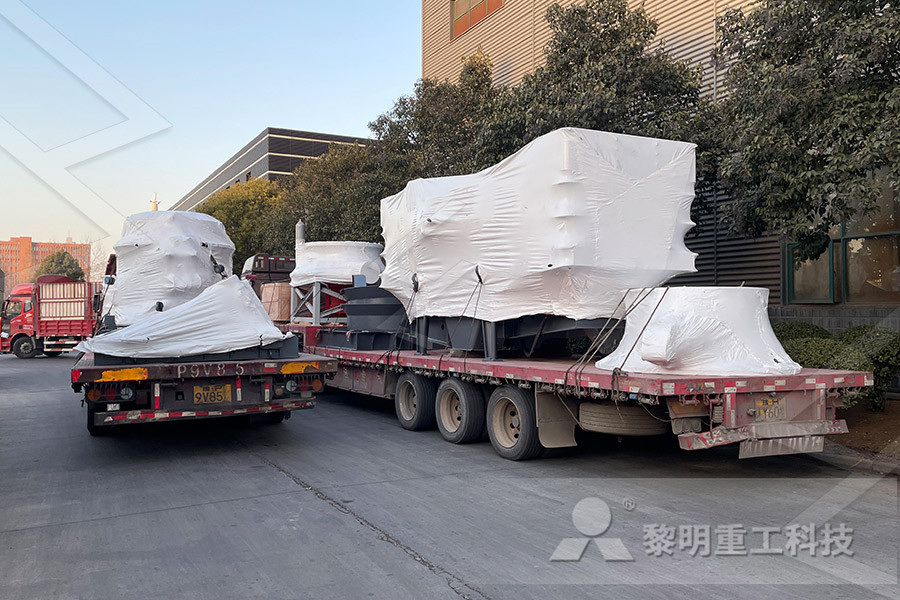
19 Best Hedge Plants Better Homes Gardens
Block wind, buffer noise, or create more private outdoor living spaces with a row of these easygoing shrubs They offer a range of textures, loose or dense growth, evergreen or deciduous, and a few even have showy blooms or berries, but all will grow into a beautiful hedge Deciduous plants will lose their leaves in the winter, but usually produce flowers which will add color to the landscape The best privacy screen uses a combination of both evergreen and flowering deciduous plants to provide year long privacy and interest in the landscape Plants 612 feet tall Evergreen – 812 ft tall x 68 ft widePlants for Screening! TLC Garden Centers appear larger if finetextured plants are used as background hedge or screen material and medium and coarsetextured plants are placed in front (Hansen 2013) Wildfire Defensible Space In many areas of the Pacific Northwest, wildfire is a natural component of our landscape In many cases homes can be protected by creating a defensible space SELECTING PLANTS FOR SCREENS AND HEDGES
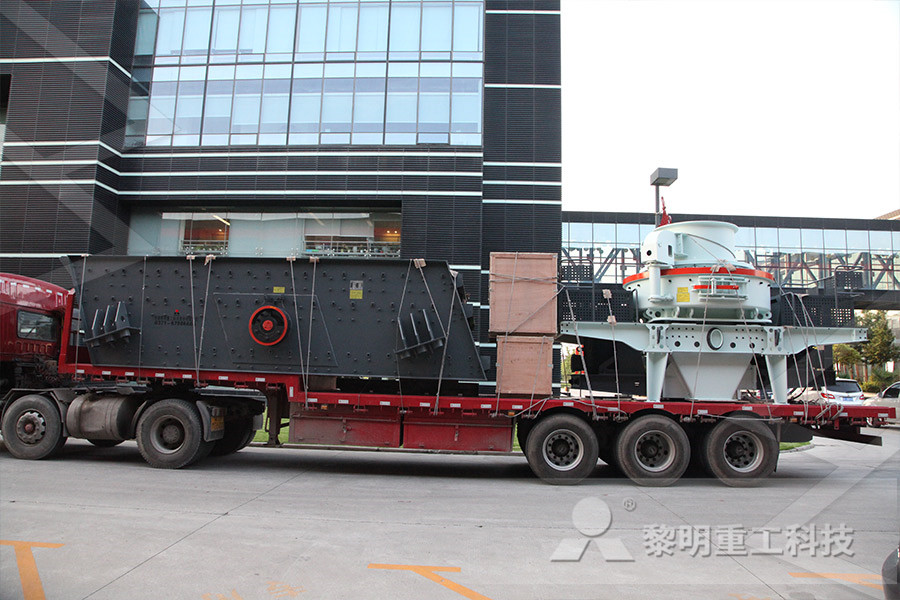
10 Best Evergreens for Privacy Screens and Hedges
For a quick hedge or windbreak, plant these plants 5 to 6 feet apart For a more gradual hedge, plant 10 to 12 feet apart These fastgrowers can reach a height of 60 feet and a spread of 20 feet USDA Growing Zones: 2 to 7; Sun Exposure: Full to partial sun; Soil Needs: Tolerates a range of soils but prefers moist welldrained loams This bamboo species is perfect for creating a tall, dense privacy screen It’s a good choice for your privacy screen if you want a screen that has multiple colors, you live in an area that is prone to relatively extreme temperatures, and you don’t mind putting in work to ensure that the shoots don’t spread out of controlWhat Bamboo Is Best for Privacy Screens? Bamboo Consider, too, that the quickest and most efficient way to achieve privacy is to place a screen in immediate proximity to where it is needed Screening, as in this example, is the key to creating a cozy, intimate destination patio like this one Shrubs or ornamental grasses 4 to Grow Your Own Privacy: How to Screen With Plants
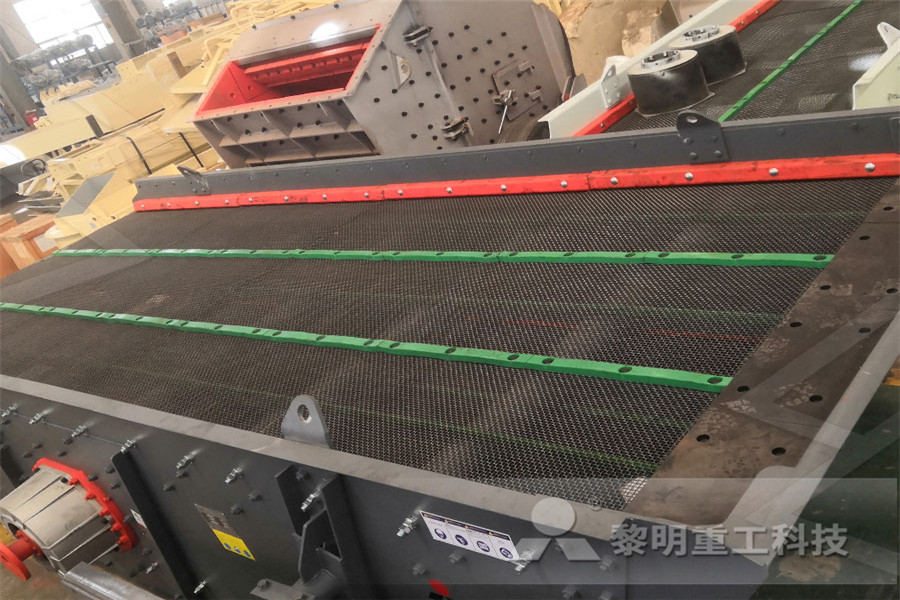
20 Outstanding Indoor Plants Room Divider Ideas
A wooden cabinet serves two purposes – Storing things and displaying plants while creating a screen! 15 Wooden Divider with Sections This wooden divider with sections can be used to store books and display plants 16 Metal Frame with Light BulbsDecide how high you want your screen Determine how high you want your screen Put a ladder or have someone stand where you are considering placing the hedge, this will let you visually see how high you want your screen Popular Evergreen Tall Tree Hedges American Arborvitae is a popular tree hedge but can grow 40' to 60' tallHow to Plant a Privacy Hedge When properly placed, the plants can reach up to 16 feet or more in height and can be up to 1820 feet wide During the summer months, the plants feature offwhite flowers that occur in clusters and in the winter months they bear fruit Because the foliage of the Acmena Smithii is very thick, these plants make a wonderful natural privacy screen12 Simple Landscaping Ideas for Privacy in Your Yard

Creating temporary shade Sunset Magazine
For larger plants, make a screen by draping burlap or shade cloth over a cylinder of 3/4inch mesh wire or by stapling either material to stakes set firmly in the ground Shade Cloth Also known as shade fabric, this woven material is useful as a temporary or longterm screen The reason why privet plants are some of the best types of hedge bushes is due to their dense, fastgrowing foliage These clipped hedges can be formal or informal, and they require regular pruning during the growing season to keep their shape These tall hedge plants can grow to between 10 and 15 ft (3 – 45 m)The Best Plants for Hedges: 23 Types of Hedges (With